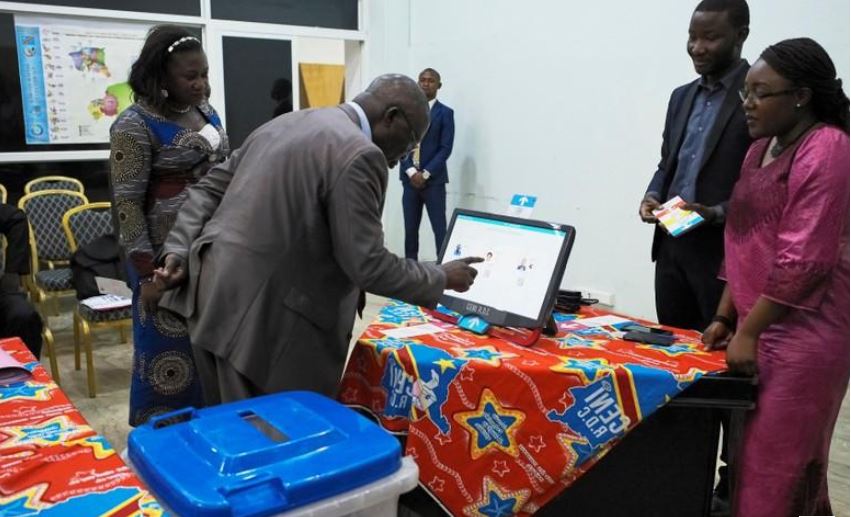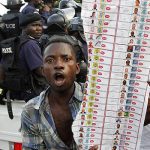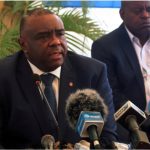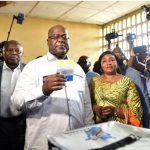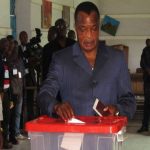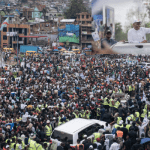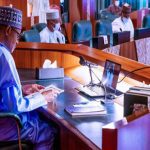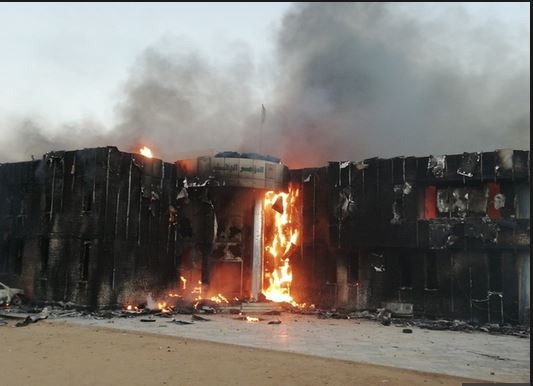In his 74 years, Congolese historian Isidore Ndaywel has lived through independence from Belgium, two coups d’etat, multiple civil wars and three changes to the country’s name.
On Sunday, he hopes to witness another milestone: a presidential election meant to lead to Democratic Republic of Congo’s first democratic transfer of power. But like many of his compatriots, he’s keeping his expectations in check.
“There is no freedom,” said Ndaywel, who has lived in hiding since last year because of his work with a Catholic group that has organised protests against President Joseph Kabila, who is stepping aside after nearly 18 years in power.
“There isn’t much of a chance that these elections will be transparent,” Ndaywel told Reuters.
Even so, for many of Congo’s 80 million citizens, half of whom are registered to vote, the election offers a chance to draw a line under decades of conflict and economic stagnation.
Repeated crises have left the country mired in poverty and 15 million people in need of food assistance despite its immense reserves of prized commodities such as copper and cobalt, which is important to the electric vehicle revolution.
That the election will happen at all represents progress of sorts. The vote to replace Kabila, who succeeded his assassinated father in 2001, was first scheduled for November 2016 but has been repeatedly delayed.
Kabila’s opponents accused the increasingly unpopular president of trying to cling to power, and security forces shot dead dozens of people protesting against him. The violence raised fears of a slide back into the kind of open conflict in which millions were killed around the turn of the century.
After refusing to comment publicly on whether he would defy the constitution to seek a third term, Kabila finally announced in August that he would step down and threw his support behind former interior minister Emmanuel Ramazani Shadary.
For some Congolese, most of whom live on less than $2 a day and eke out their survival through informal odd jobs, the announcement provided a rare glimmer of hope.
“I congratulate Mr Kabila on having organised the elections. (It’s) something serious we did not expect,” said Joseph Mukuna, 32, a taxi driver in the capital, Kinshasa. “We … think there will be big changes in our country.”

